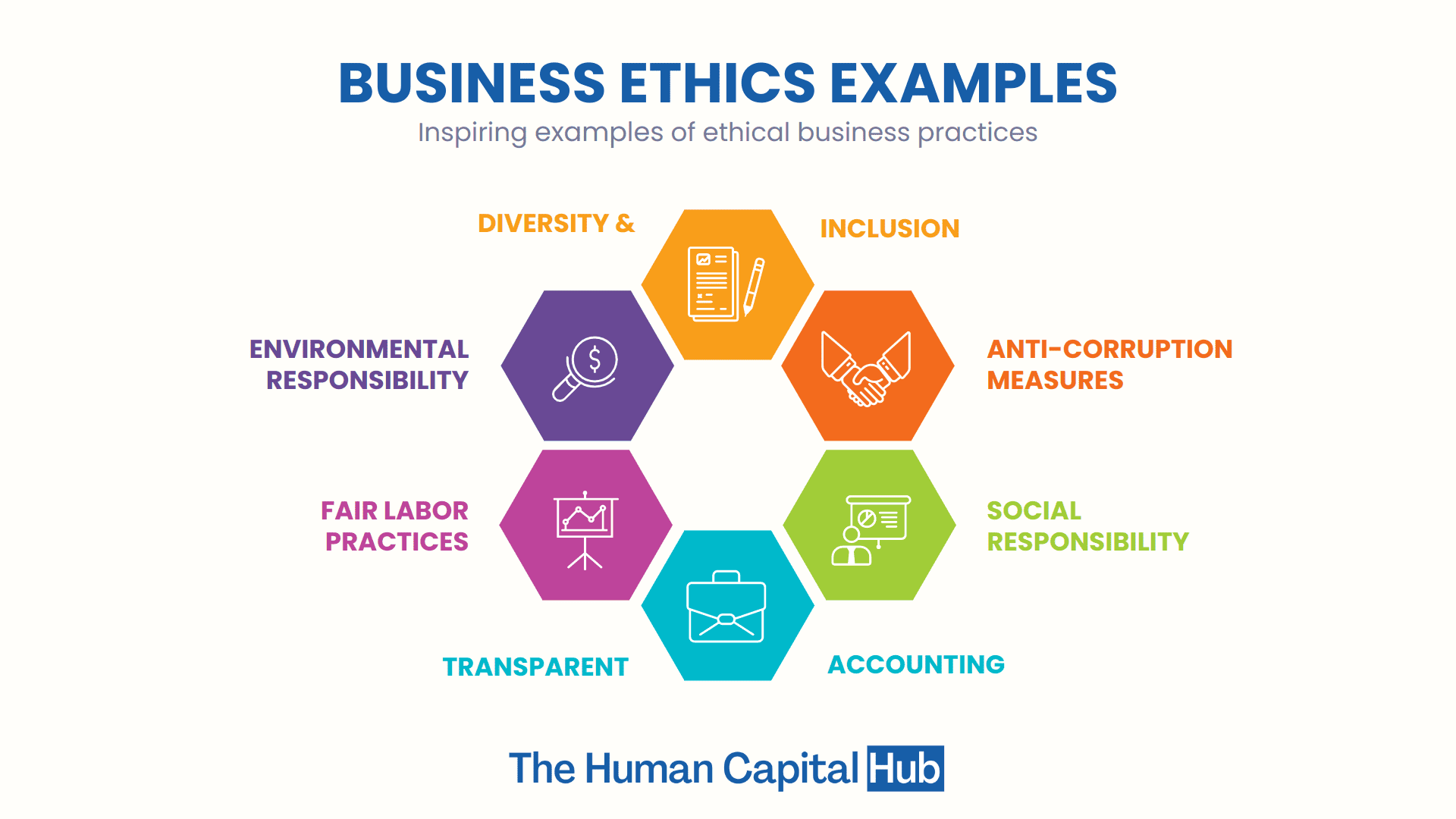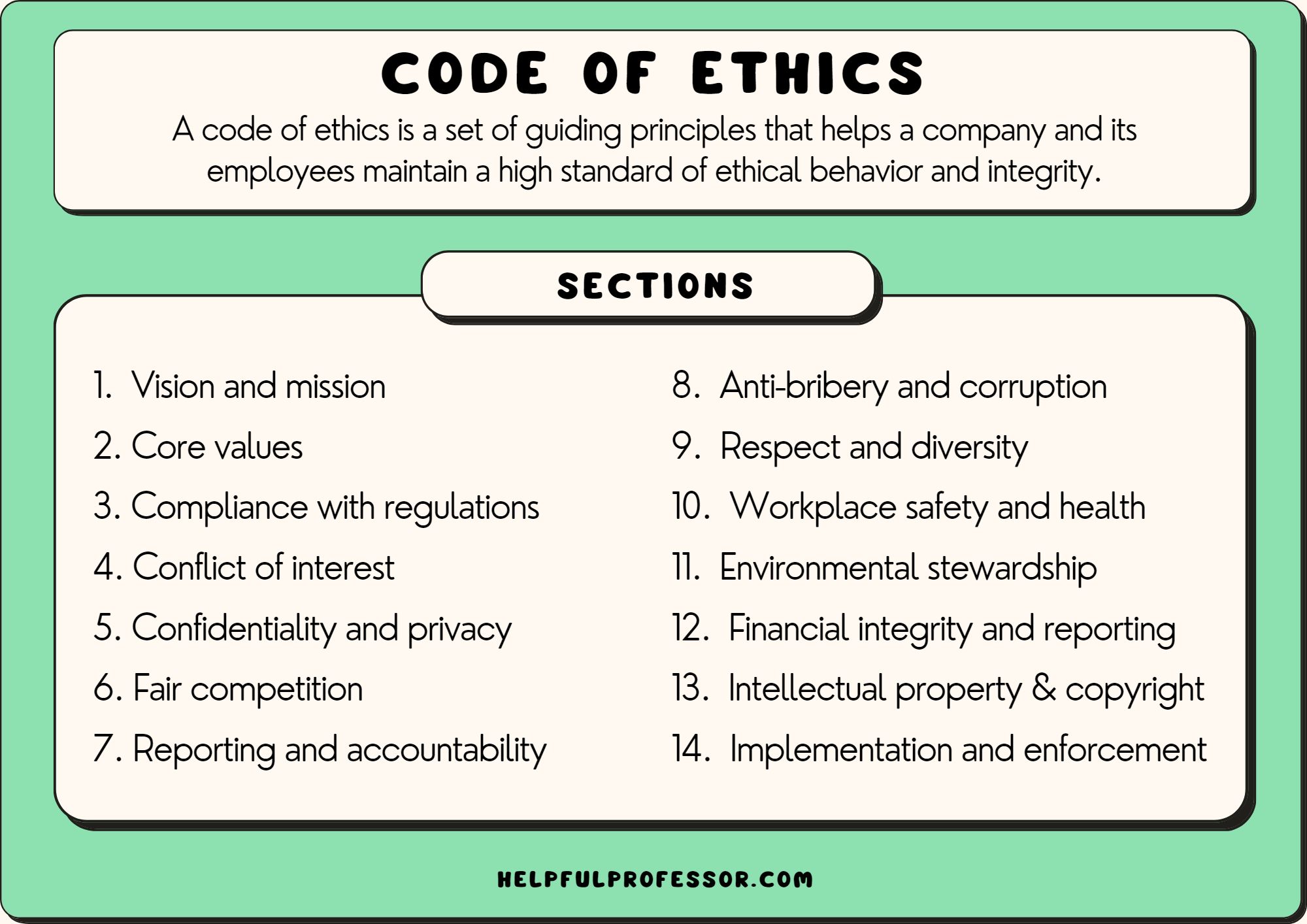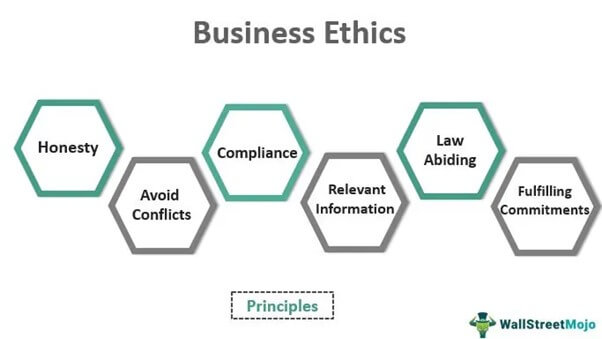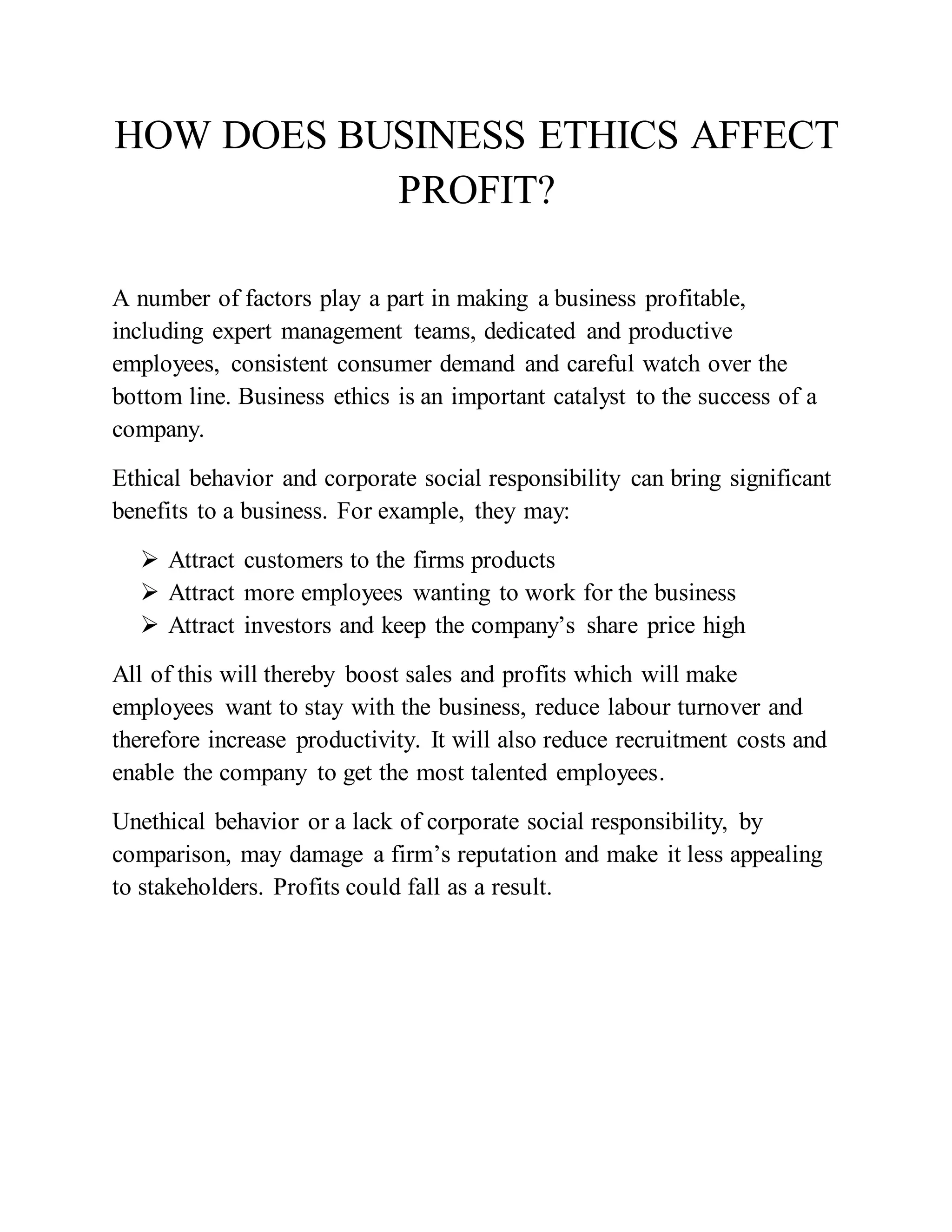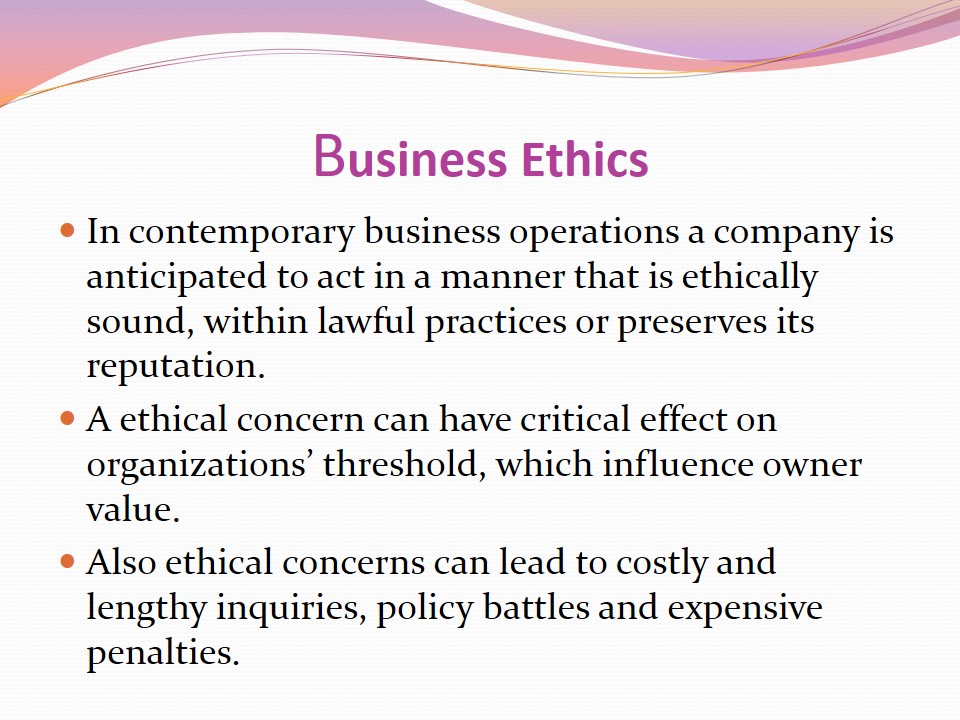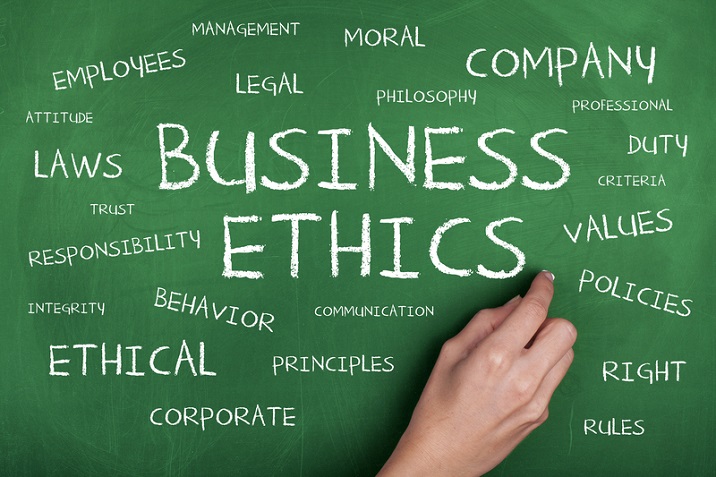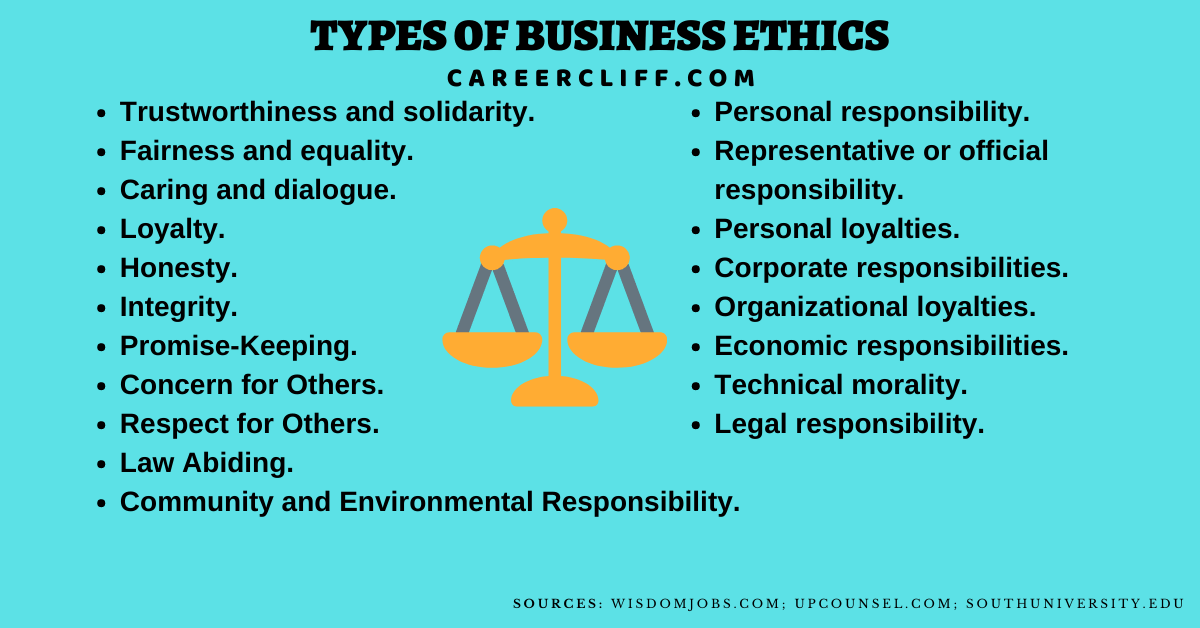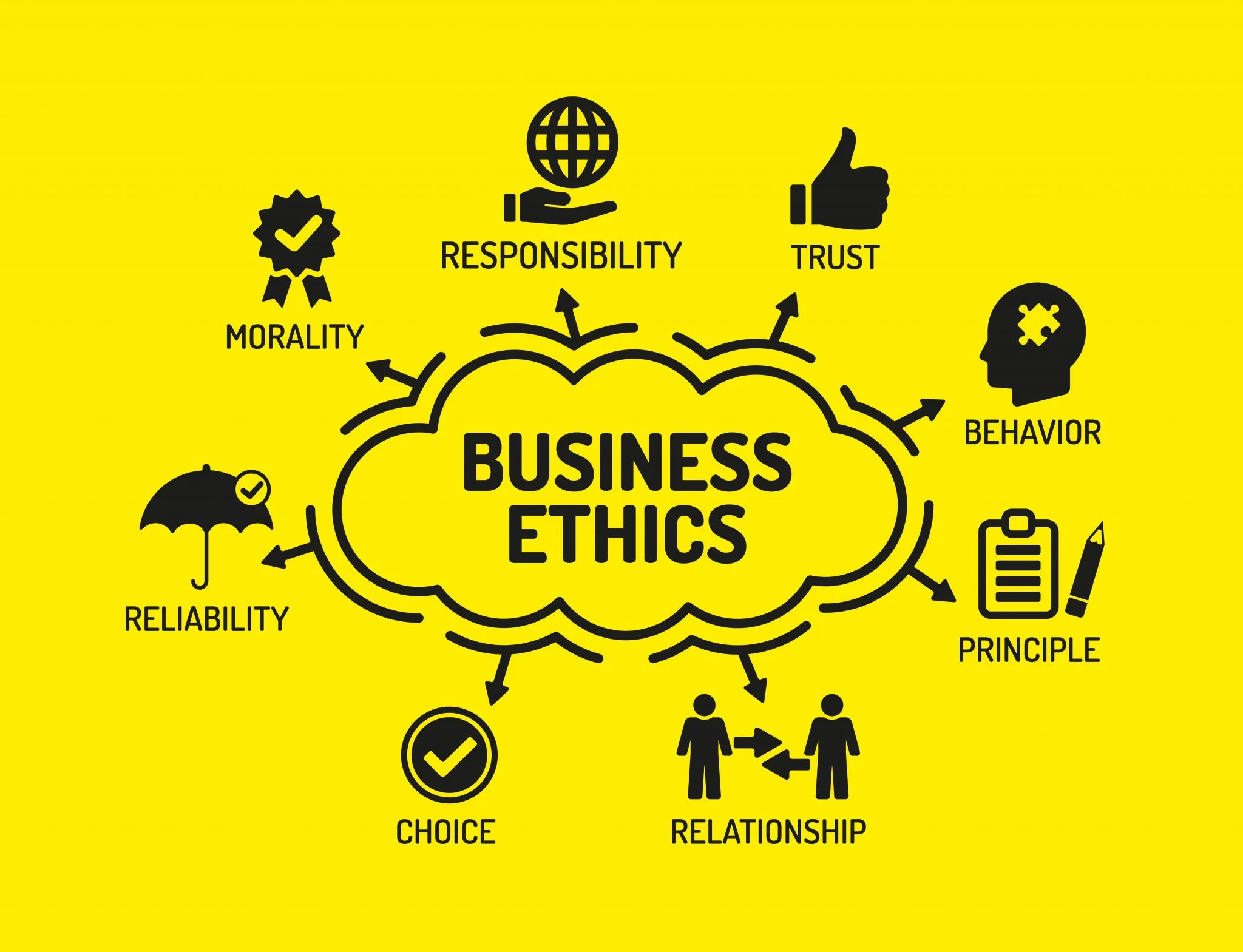Business Ethics Examples Of Companies
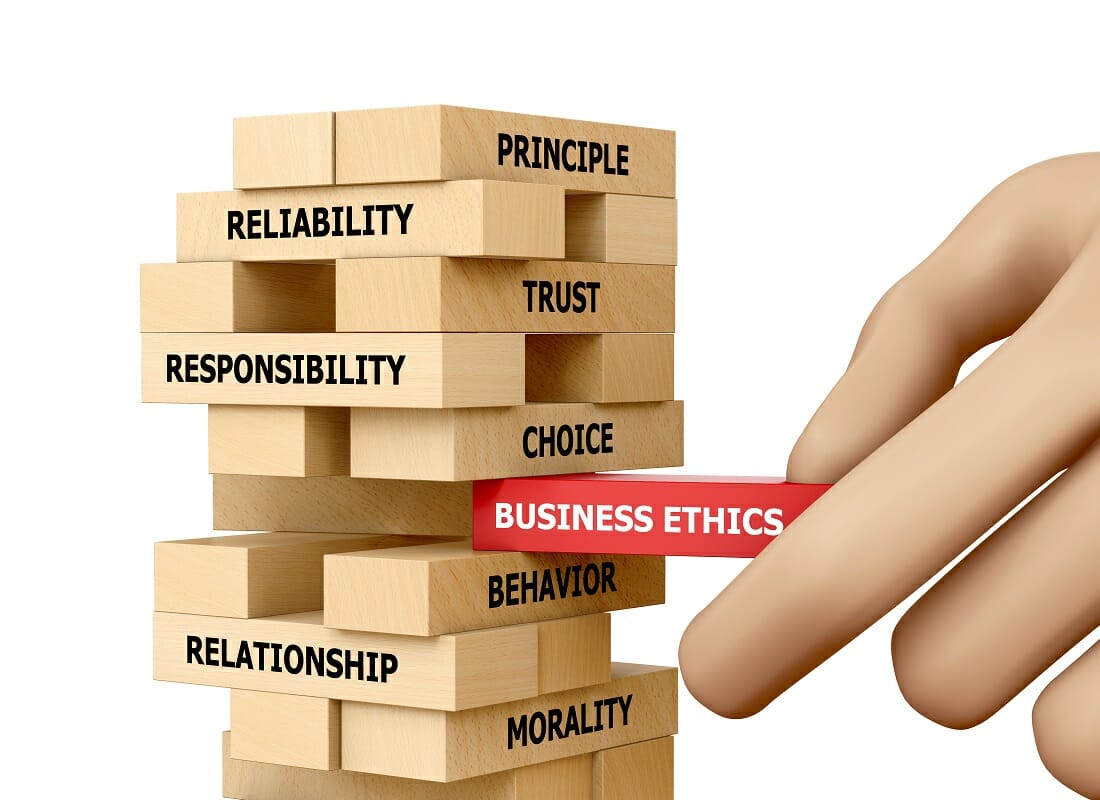
Ethical lapses are costing businesses dearly. From environmental disasters to deceptive marketing, the price of cutting corners is steeper than ever.
This article dissects recent examples of companies grappling with ethical crises, highlighting the devastating consequences of prioritizing profit over principles and providing insights into how businesses can navigate the complex landscape of corporate responsibility.
Volkswagen: The Dieselgate Scandal
In 2015, Volkswagen admitted to using "defeat devices" to cheat on emissions tests. This affected approximately 11 million vehicles worldwide.
The scandal involved installing software that could detect when a car was undergoing emissions testing. During these tests, the software would activate full emissions controls, making the car appear cleaner than it actually was.
Once on the road, the vehicles emitted up to 40 times the legal limit of nitrogen oxides. The fallout included billions in fines, vehicle recalls, and significant damage to Volkswagen's reputation.
Key Takeaway
Transparency and honesty are paramount. Short-term gains achieved through deception are unsustainable and ultimately destructive.
Wells Fargo: Account Fraud
Between 2002 and 2016, Wells Fargo employees opened millions of unauthorized accounts in customers' names. This was driven by aggressive sales targets and a high-pressure work environment.
Employees, under pressure to meet quotas, created fake accounts and credit cards without customers' knowledge or consent. This practice generated fees for the bank but damaged customers' credit scores and finances.
The bank faced massive fines, a damaged reputation, and the departure of key executives. Numerous customers also filed lawsuits.
Key Takeaway
A culture that prioritizes sales at all costs can lead to unethical behavior. Companies must foster an environment of integrity and accountability.
Nike: Labor Practices
Nike has faced persistent criticism regarding its labor practices in overseas factories. Accusations include low wages, poor working conditions, and the use of child labor.
While Nike has made efforts to improve its supply chain and monitor factories, reports of worker exploitation continue to surface. These problems persist in countries like Vietnam and Indonesia where they utilize external production services.
The company has faced boycotts and reputational damage due to these ethical concerns, leading to increased pressure for greater supply chain transparency and fair labor practices.
Key Takeaway
Companies must take responsibility for the ethical treatment of workers throughout their entire supply chain. Ethical sourcing is a critical component of corporate responsibility.
Enron: Accounting Fraud
Enron's collapse in 2001 remains one of the most infamous examples of corporate fraud. The company used accounting loopholes and deceptive practices to hide billions of dollars in debt.
By creating shell companies and manipulating its financial statements, Enron artificially inflated its profits and misled investors. This ultimately resulted in the company's bankruptcy and the loss of thousands of jobs.
The scandal led to stricter accounting regulations and increased scrutiny of corporate governance. Many people went to jail due to this act.
Key Takeaway
Accurate and transparent financial reporting is essential for maintaining investor trust and preventing corporate fraud. Strong internal controls and ethical leadership are crucial.
Conclusion
These examples serve as stark reminders that ethical behavior is not merely a matter of compliance but a fundamental requirement for long-term business success. Companies must prioritize ethical decision-making at all levels and foster a culture of integrity to avoid the devastating consequences of unethical conduct.
Going forward, expect increased regulatory scrutiny and consumer activism demanding greater corporate responsibility. Companies must proactively address ethical concerns and demonstrate a genuine commitment to ethical practices to maintain their reputation and ensure their long-term sustainability.
